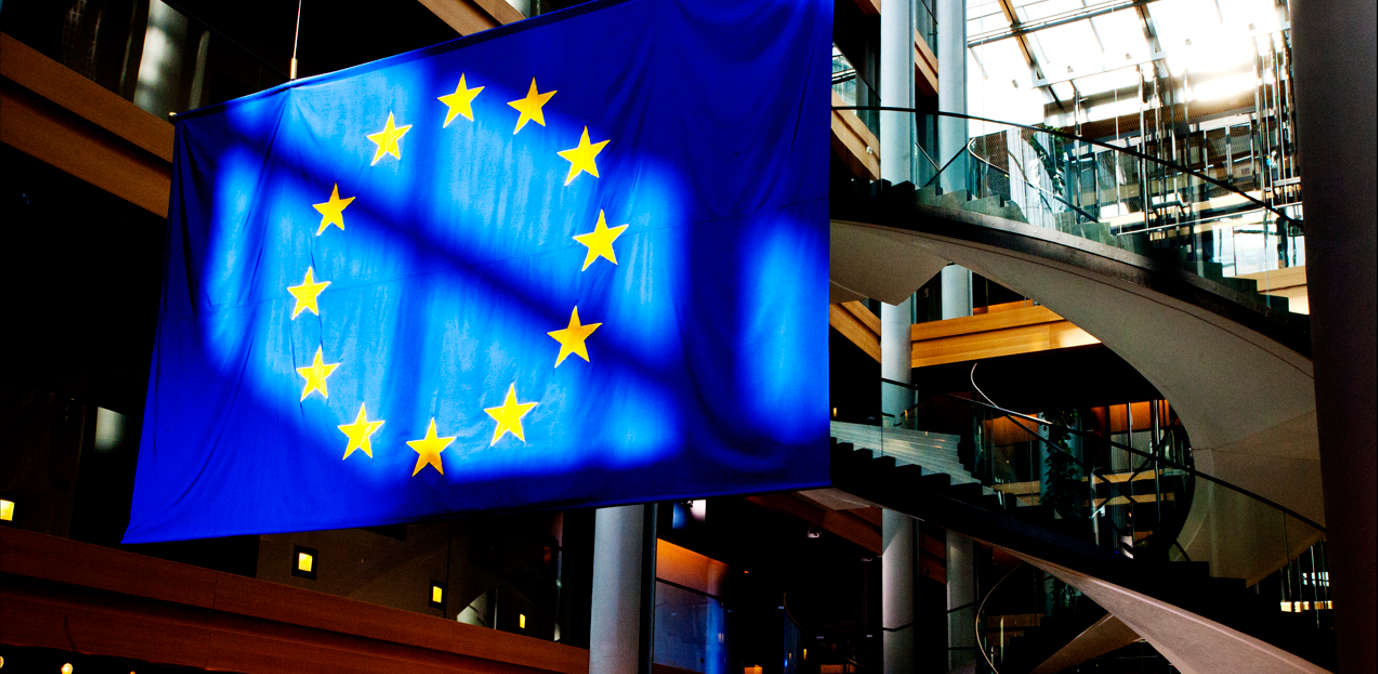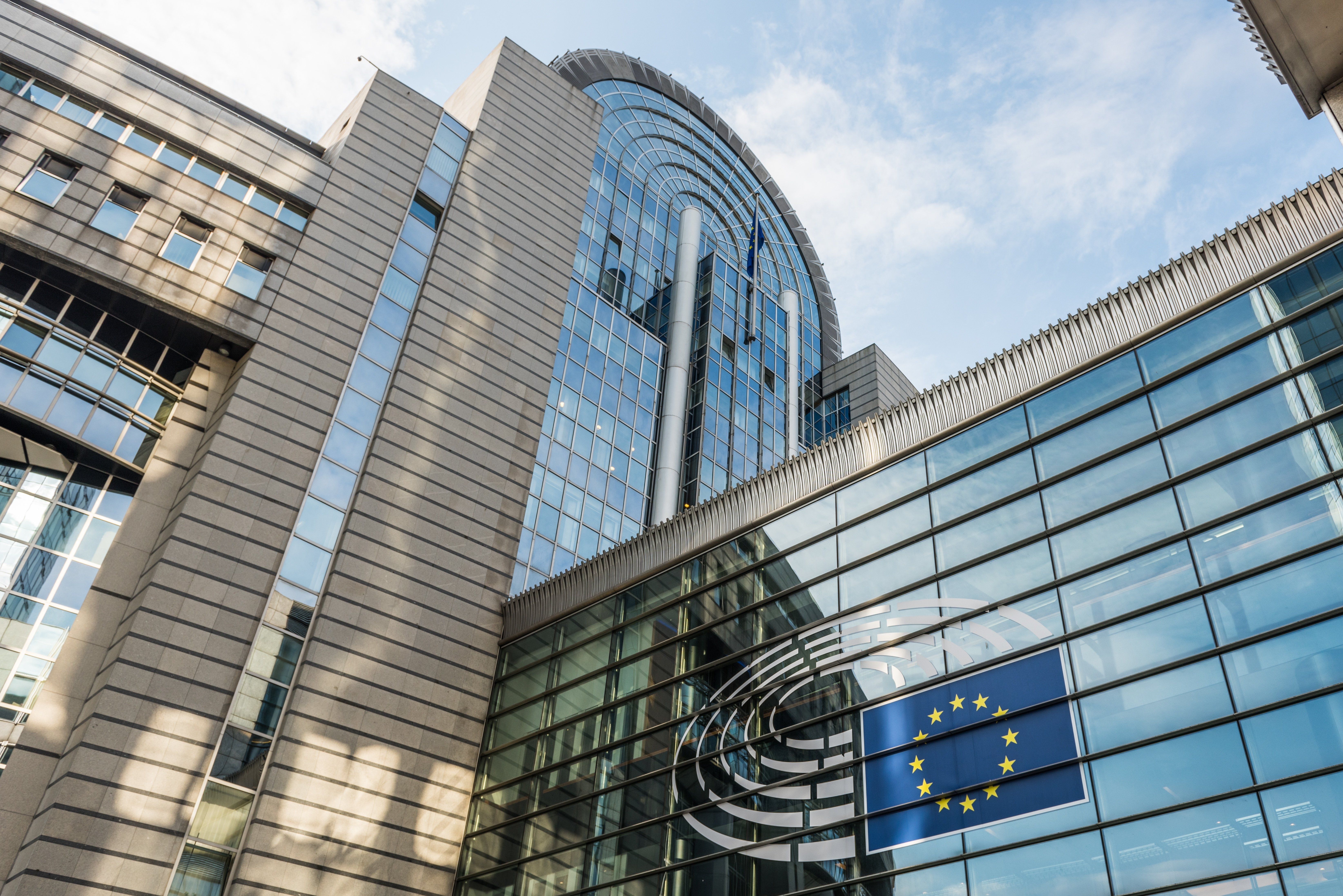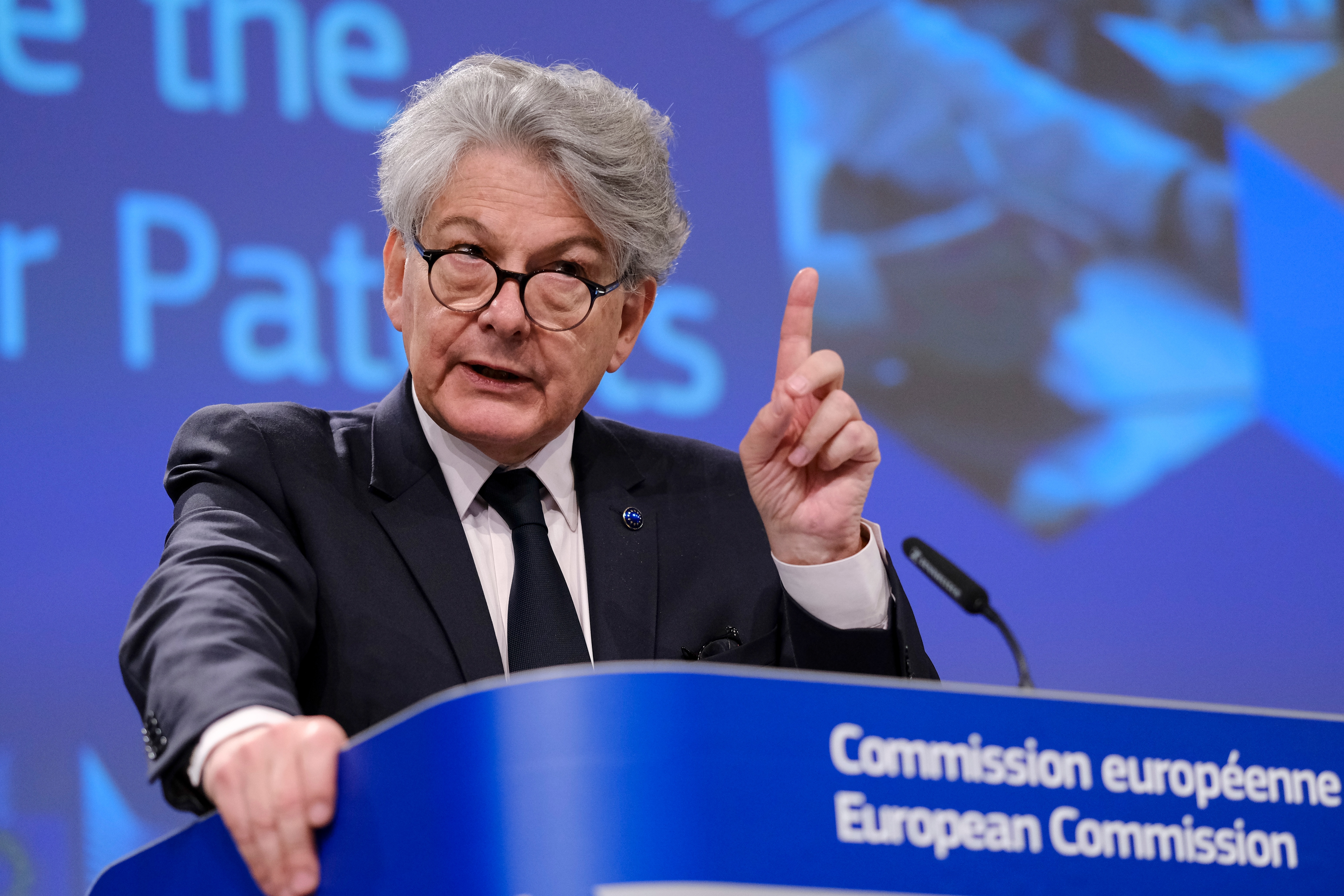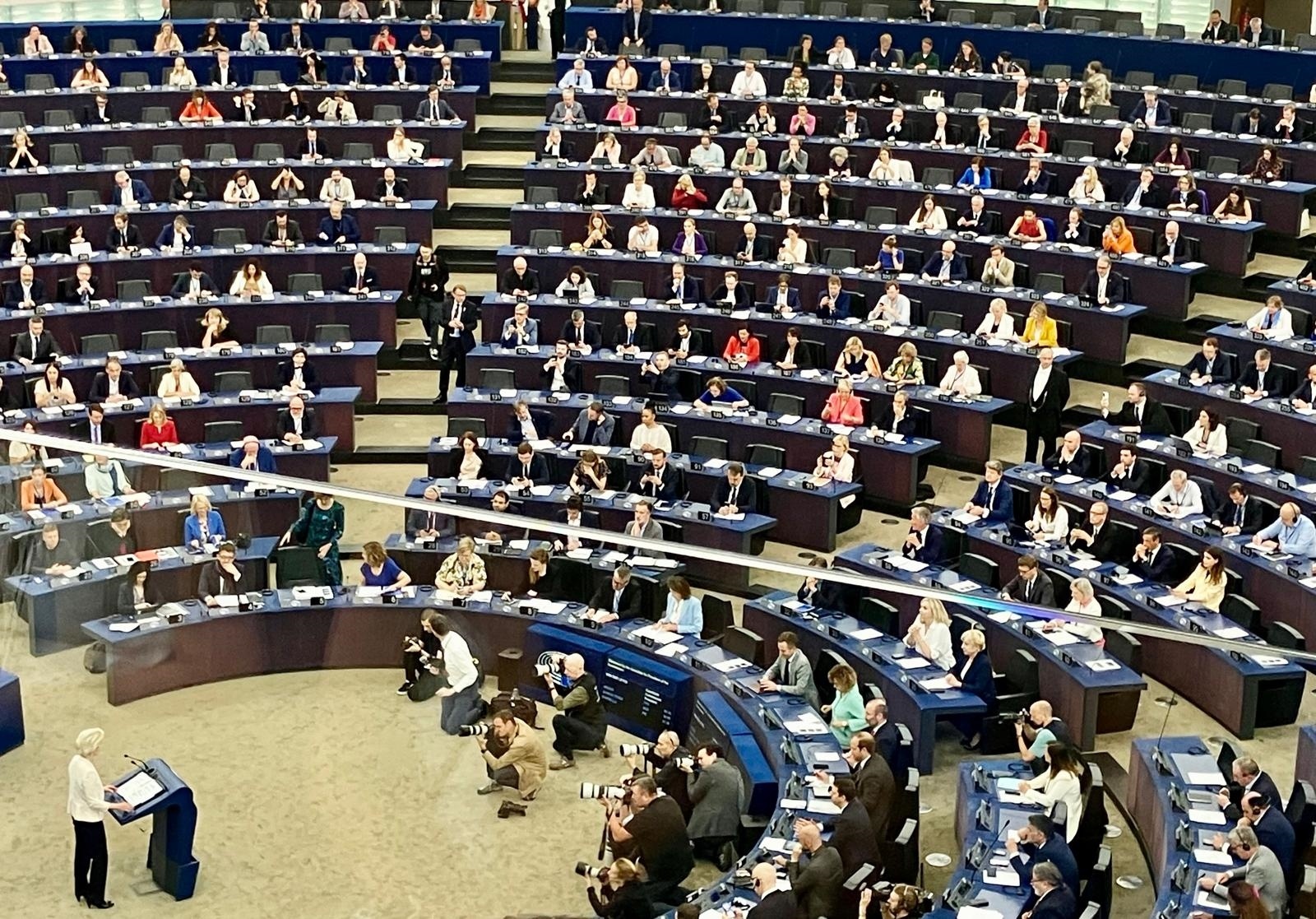Energy and environment: the Brussels institutions start getting back to business
by Inline Policy on 02 Jul 2014
The questions of who will occupy the top jobs on environment and energy in Brussels over the next five years, particularly in the European Parliament (EP) and in the European Commission, will matter greatly. There is a big policy agenda ahead, coming at a testing time for European policies on energy markets and security of supply, which will have price implications for industry and consumers, and the decarbonisation strategy.
The Parliamentary Committees matter more and more...
Following the Council nomination of Jean-Claude Juncker to be the new Commission President, we all now know how much power the EP has. But Brussels watchers have known this for a while. The major change took place in 2009, when the Lisbon Treaty - apart from linking the appointment of Commission President to EP elections - gave the Parliament co-legislative powers alongside the European Council.
EP plenary votes are obviously important in the decision-making process relating to individual pieces of legislation. Non-binding votes can also have a major bearing on policy direction and debate. But the experience of the last five years has underlined the growing strength of Parliamentary committees. These standing committees provide the first opportunity for EP members to consider and amend legislative proposals made by the Commission, and they present reports and recommendations at plenary sittings to guide votes in the chamber.
Environmental and energy issues are increasingly cross-cutting and therefore of interest to a number of committees, e.g. the Internal Market Committee. But the key portfolio bodies are the Environment Committee (also covering public health and food safety) and the Industry, Trade and Energy (ITRE) Committee. The Environment Committee leads on climate change and environment issues and thus in effect shadows the Directorate-General for Climate Change and Environment at the Commission; and ITRE leads on all energy-related issues and therefore shadows the Directorate-General for Energy.
...and so do the members who lead them and sit on them
During the last parliamentary period (2009-14), both the Environment and the ITRE Committees became increasingly confident in flexing their muscles on legislation. A strong direction from the EP is often helpful to interested parties who need to understand whether relevant regulation will proceed, and how quickly it will end up on the statute book. But there were occasions, for example when the respective Committees took opposing views on a vital regulatory amendment to the EU Emissions Trading Scheme (the backloading proposal).The parliamentary signal on direct of travel became unclear and confused. This tendency - which probably becomes most pronounced when climate or environmental legislation is initiated and perceived by some to be a business burden - will be one to look out for and anticipate over the new five-year term.
Against that background, the appointments to chair the portfolio committees are a very big deal indeed, and the subject of party, political and personal maneuvering. This week the new MEPs take office for the next five years. They will sit in seven European political groupings (NB: 52 MEPs will belong to no political grouping and be non-attached), and coordinators for each political group are expected to be selected this evening.. The portfolio committees themselves will not be formed until they meet on 7 July: at that point, the identities of committee members will become known and the chairs appointed.
Inevitably, the speculation in Brussels is already swirling around on who will chair Environment and ITRE, which will last for two and half years (i.e. exactly half the term, then to be replaced by a successor for the second half). In the last term, the German Social Democrats chaired Environment, and an Italian Christian Democrat (sitting with the EPP) chaired ITRE. This time, the names popping up as the potential new chair of Environment are all from the EPP. It would be fruitless to speculate further on how an EPP chair might influence the new Environment Committee - just as important will be who sits on the Committee, in terms of their political grouping, nationality and experience of the sector. The fundamental point is that anyone with more than a passing interest in EU-wide regulation - companies, NGOs, think-tanks, civil society more generally - should take note of these appointments and tailor their advocacy strategy accordingly.
But let’s not forget the Commission
The ultimate top job, in the form of Juncker’s ascendancy to Commission President (he still has to be confirmed by the EP, but that will be a formality), may have been settled. Attention now turns to the 28 (one for each member state) European Commissioner positions. This is a dream period for politicos, who love the gossip about: a) who’s out with their head of government and therefore considered expendable and worth shipping off to Brussels: or b) if you are of a less cynical persuasion, who’s in with their head of government and should therefore be dispatched to fight for national interests on a key portfolio. However, as far as the impact on EU policy and regulation is concerned, domestic politic calculation will matter less than the nationality of the appointee and, crucially, whether he or she has a reforming zeal, agenda and political will to overcome any obstacles their civil servants may wish to place in their way.
An interesting development last week was the announcement from the German CDU that they had proposed Gunther Oettinger - the incumbent Energy Commissioner - for a second term as Germany’s Commissioner in Brussels. Oetttinger’s nomination seems to have secured the support of the CDU’s coalition partners, the SPD, and adds credence to the view formed in recent months that Chancellor Merkel would like Oettinger to carry on holding the Energy brief. All will become clear in due course. But a second term would represent continuity and probably make completion of the single energy market - highlighted in last week’s European Council conclusions and on which Oettinger is keen on - a priority for the regulatory agenda over the next two years.
A key question, and highly relevant to Oettinger’s (or any other Energy Commissioner) power and effectiveness, would be who takes over as the Climate Change Commissioner at DG Climate Action. The Dane Connie Hedegaard, although she eventually chalked up some successes during her five-year stint, is not expected to get a second term. She and Oettinger did not get on. Moreover, setting aside the nationality question (and Danish climate credentials are impeccable), the twin challenges of overseeing the proposed 2030 climate and energy framework and spearheading the EU’s approach in the UK climate negotiations in the run-up to Paris 2015, may require a new approach which can unite (or, at least, divide less) pro and anti-climate action advocates more than Commissioner Hedegaard managed to achieve. If the Climate and Energy Commissioners can dovetail better, that would be a real bonus.
Janez Potocnik from Slovenia is the incumbent Environment Commissioner. This position has become less high-profile and politically acute since climate change was taken away to create the new Climate Commissioner role in 2009. But as with these positions, the new appointee will be of intense interest to those whose business is affected by EU-wide regulation.
(Photo by European Parliament/ CC BY-NC-ND 2.0)
Topics: European Politics, Energy policy, UK business







Comments